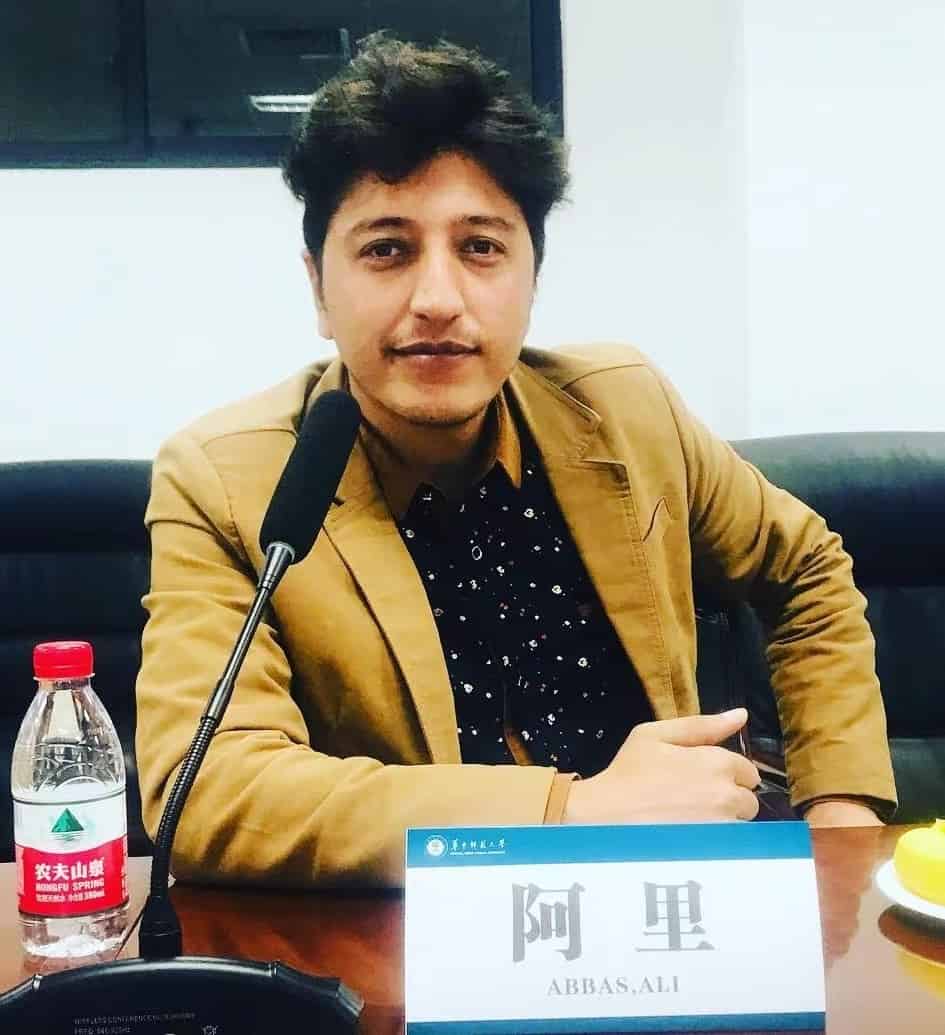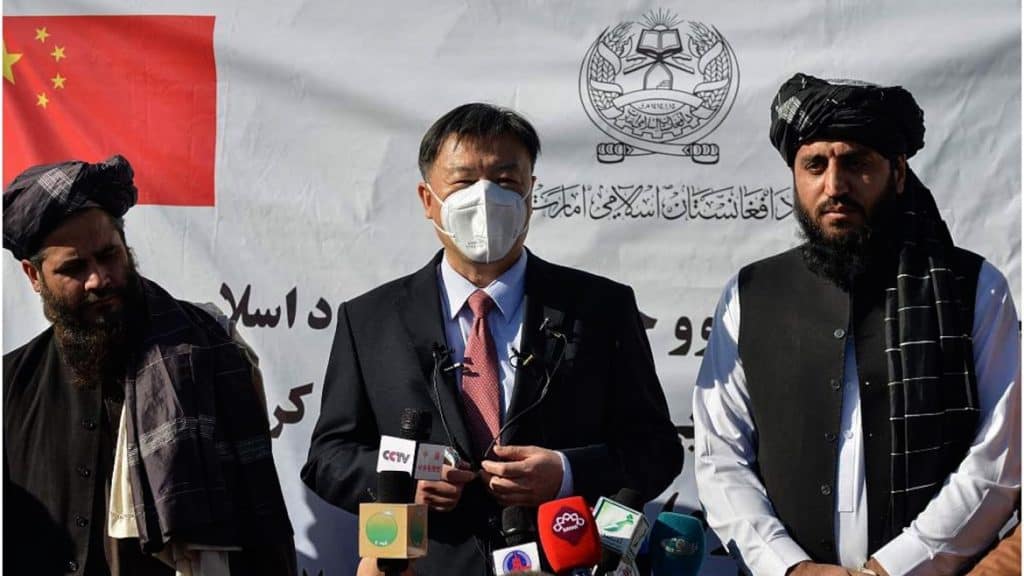By Ali Abbas
After the withdrawal of the US forces in Afghanistan the country is facing a tremendous economic and political crisis. The international responsiveness has been shifting to the recently established Taliban regime as they are undertaking to begin rebuilding and reconstruction the country after the destruction by the foreign forces for 20 years.

In the process of reconstruction, the regime faces several challenges and difficulties but as expected China has appeared to assist as a partner country in the rebuilding and reconstruction of Afghanistan. On the other side, Pakistan hosted ‘Troika plus’ with the representatives of China, Russia, and the US to discuss the Afghan crisis in the region. Pakistan, China, and Russia have indicated that they are willing to engage with the Taliban regime after a smooth power transition and will cooperate on different levels. The troika conference discussed the ways to prevent the humanitarian crisis in Afghanistan. China fully extended its support for Pakistan in hosting this conference of China-US-Russia and supported all-inclusive efforts to develop peace, stability, and construction of the country.
China is also ready to engage in friendly relations with Afghanistan as the Taliban regime has assured that Afghanistan will not allow any non-state terror organization to use its territory against any other country including China and Pakistan. Scholar Wang Shida, Deputy Director, Institute of South Asian Studies, China Institutes of Contemporary International Relations (CICIR), said the Taliban regime has promised not to let any organization use Afghan soil to damage China’s peace and security interests and this is a positive beginning and also same promises for other regional countries including Pakistan. He further said that the Taliban regime has limited resources and is facing a severe economic crisis, in this situation no country can exploit their natural resources. It is the most crucial time for the global community to engage with the Taliban regime to maintain peace and security in the region. Actually, the Taliban regime has limited experience in dealing with economic governance without any external assistance, the ongoing crisis is difficult to resolve unilaterally. So it is the responsibility of every stakeholder in the region, especially it is in the interest of both China and Pakistan to assist the Afghan people that they will not face any huge humanitarian catastrophe.
China’s approach is pragmatic to engage in post-war rebuilding and afford the economic investment to assist the people of Afghanistan in the development of the country. This is also an expression of hope that China will be deeply involved in Afghan development and can play a bigger role in the coming future in the region.
Both Pakistan and China urged the global community to promptly provide humanitarian assistance to Afghanistan because the people are facing a shortage of food and medical equipment in the shadow of the winter season. Both countries are longtime partners and along with other states they have sent humanitarian assistance to Afghanistan. China has declared that it will continue to provide humanitarian assistance to Afghanistan and it has established an air corridor for agricultural trade with Afghanistan. It is said that Pakistan has brokered all peace meetings between China and the Taliban as Pakistan believes that China will play a greater role in the peace and stability in the region especially in the Afghan crisis.
The importance of China’s major role and engagement is because it also has security interests and is the largest economy, neighboring country and it has stakes in the region so China cannot stay behind in this crisis. Pakistan and China are interested in extending the billion dollar China-Pakistan Economic Corridor to Afghanistan. Both countries have made several offers to the past Kabul regime to join CPEC but however, the US-installed Afghan regime did not join BRI because of US influence. Regime change in Afghanistan has provided an opportunity to both Pakistan and China for economic integration in the region and further extend China-Pakistan Economic Corridor to Afghanistan under the shadow of the Belt & Road Initiative.
After US withdrawal President Joe Biden categorically stated that the US mission was not to nation-building and tightened further sanctions on Afghanistan. In this situation, it is a natural act to look for other possible options to rebuild and reconstruct the devastated country. China was the best option for the newly established Afghan Taliban regime so they looked for Chinese and Pakistani assistance and both countries stand to develop friendly neighboring relations and can play a constructive role in Afghan peace and development.
The Taliban regime hailed China as the most important country in the region and hopes that China’s investment and assistance will provide an opportunity to reconstruct the war-torn country. The policy engagement of China and Pakistan is on enhancing infrastructure and economic integration and cooperation with each other and Afghanistan as well. Both countries have leveraged CPEC in Pakistan to connect with Afghanistan and engage economically and they share a long history of cooperation and find common ground in Afghanistan.
Author: ALI ABBAS – Affiliation: Doctoral Candidate at the School of Politics and International Studies, Central China Normal University Wuhan. He holds M.Phil. Degree in International Relations from National Defence University Islamabad, Pakistan. His Ph.D. research focuses on the Strategic triangular relationship between Pakistan-China and the USA in the 21st century. His research area of interest further includes South Asian studies, Extremism, and terrorism, foreign policy of great powers. He writes in China Daily, Modern Diplomacy, World Strategic Insights, Eurasia Review, South Asian Journal and Always CCNU Magazine. Currently he is working as Editor of “Always CCNU” Magazine.
(The views expressed in this article belong only to the author and do not necessarily reflect the views of World Geostrategic Insights).







